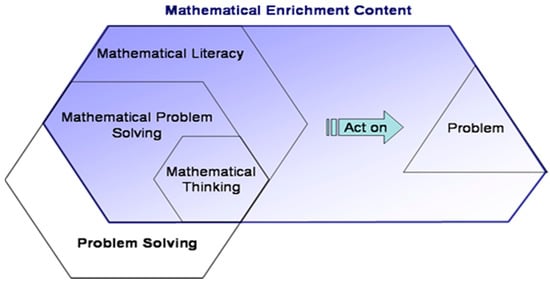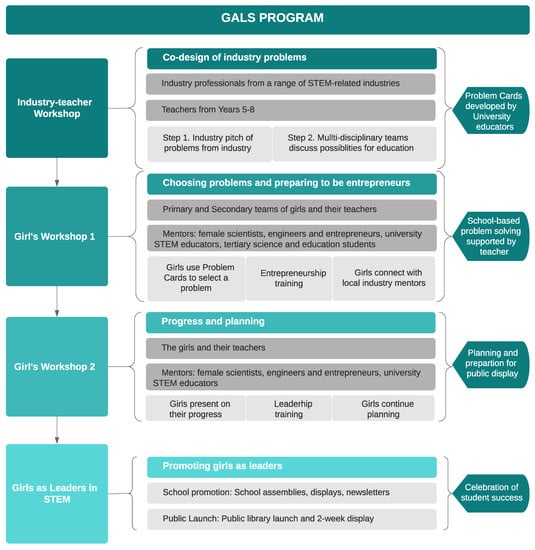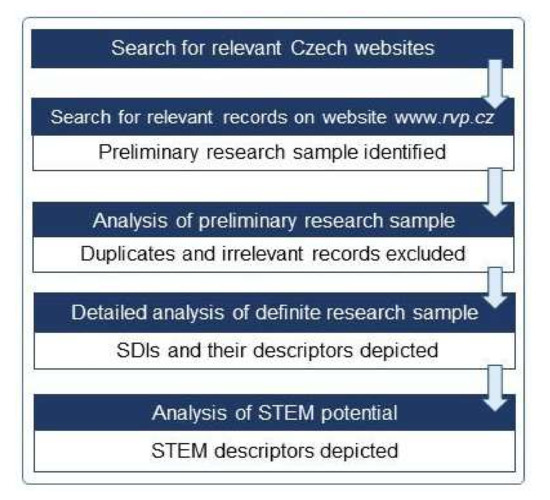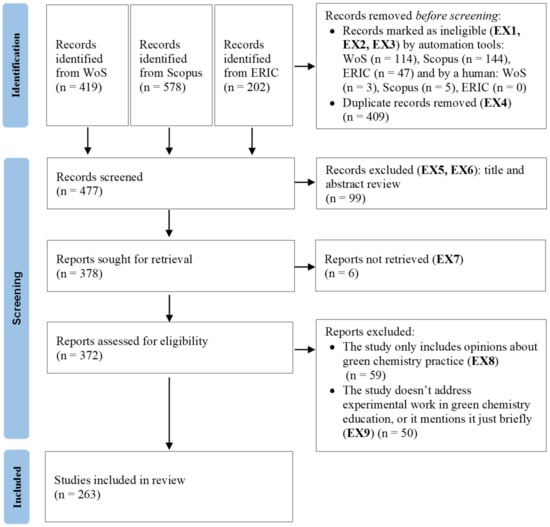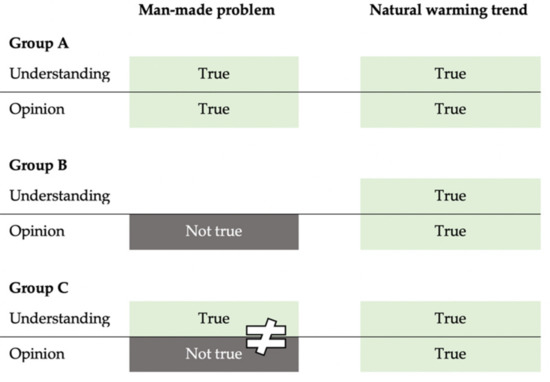Towards a Sustainable Future through Innovative STEM Education
A topical collection in Sustainability (ISSN 2071-1050). This collection belongs to the section "Sustainable Education and Approaches".
Viewed by 44304Editors
Interests: science education; STEM education; sustainability education; teacher education; student-centred education; ICT education; non-formal and informal education and co-design
Special Issues, Collections and Topics in MDPI journals
Interests: STEM education; educational technology; teacher education
Topical Collection Information
Dear Colleagues,
The world is changing, and education needs to change with it. The aim of this Special Issue, “Towards a Sustainable Future through Innovative STEM Education” is to provide understanding on how innovative STEM education can engage and empower students towards sustainability in a changing world.
This Special Issue will especially focus on novel ways (e.g., pedagogical solutions and models) to promote sustainability through formal, non-formal, and informal education from early childhood to post-secondary school as well as in pre-service and in-service teacher education. The exploration of the STEM and sustainability education nexus will allow the exploration of topics relevant to many 21st century educators. For example, to address such questions as:
How can STEM education contribute to solving sustainability issues (e.g., climate change and the COVID crisis)?
How can we educate students to solve real-life problems using STEM knowledge in a sustainable way?
How can innovative technologies help us in the context of sustainable STEM education?
How can we educate future STEM teachers and teachers to incorporate sustainability issues in their teaching practices?
Prof. Dr. Maija AkselaProf. Dr. Marina Milner-Bolotin
Dr. Sakari Tolppanen
Guest Editors
Manuscript Submission Information
Manuscripts should be submitted online at www.mdpi.com by registering and logging in to this website. Once you are registered, click here to go to the submission form. Manuscripts can be submitted until the deadline. All submissions that pass pre-check are peer-reviewed. Accepted papers will be published continuously in the journal (as soon as accepted) and will be listed together on the collection website. Research articles, review articles as well as short communications are invited. For planned papers, a title and short abstract (about 100 words) can be sent to the Editorial Office for announcement on this website.
Submitted manuscripts should not have been published previously, nor be under consideration for publication elsewhere (except conference proceedings papers). All manuscripts are thoroughly refereed through a single-blind peer-review process. A guide for authors and other relevant information for submission of manuscripts is available on the Instructions for Authors page. Sustainability is an international peer-reviewed open access semimonthly journal published by MDPI.
Please visit the Instructions for Authors page before submitting a manuscript. The Article Processing Charge (APC) for publication in this open access journal is 2400 CHF (Swiss Francs). Submitted papers should be well formatted and use good English. Authors may use MDPI's English editing service prior to publication or during author revisions.
Keywords
- STEM education
- sustainability education
- climate change
- ICT education
- educational technology
- teacher education







